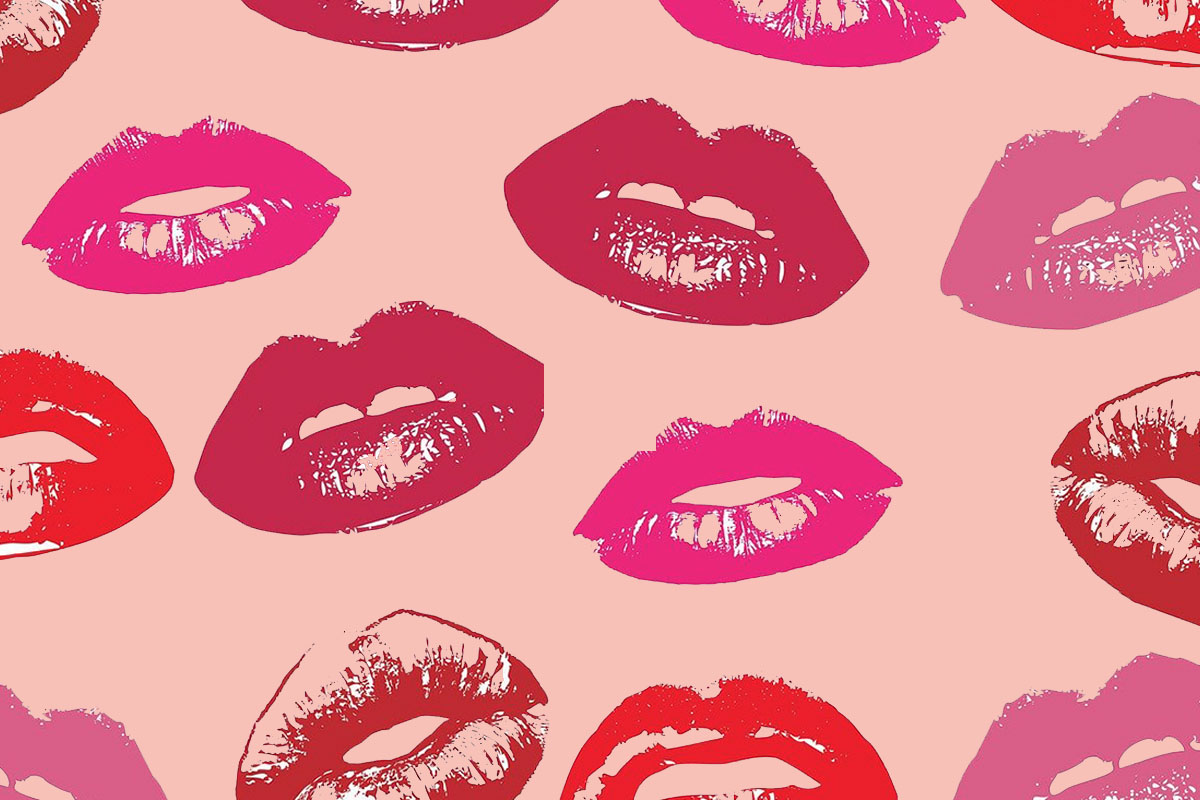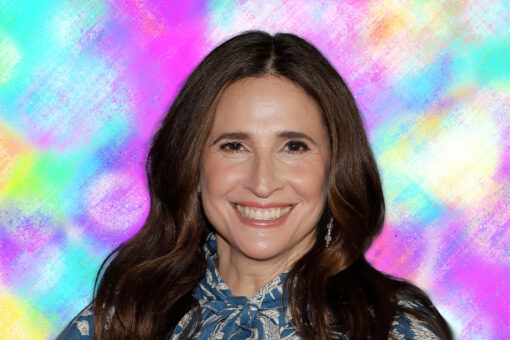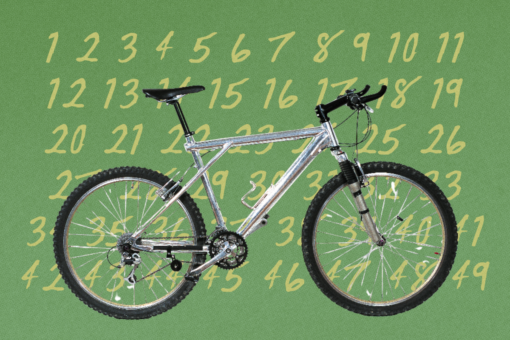Nearly 12 years after becoming a “Jewish adult,” I received my second chance at adulthood in the form of a book, a gift from my mother. She handed me a collection of Jewish erotic short stories titled The Oy Of Sex and said, “I think you should rewrite these for your generation.”
Growing up as the child of a librarian and an editor, I was surrounded by books. The bookshelves in my family’s home provided refuge, a combination of dated sci-fi, dense literary criticism, multi-volume Jewish histories, and New England travel guides. I liked to hide in the mythology section of the library, books sprawling into the neighboring aisle, then sneak into the back office to steal candy from the librarians’ desks.
Over the past few years, my mom gave me books that captured pieces of adulthood — slab pie cookbooks, a collection of Monday crosswords, blank journals, a Jewish encyclopedia, and two copies of 101 Questions You Need to Ask in Your Twenties.
But this gift — and the accompanying suggestion — shook me. Was I the only blossoming Jewish adult gifted with this particular smut collection? Was this a forgotten tradition between mothers and children? Some modern acknowledgement of adult sexuality crossed with Jewish identity?
I was home for the weekend to attend my neighbor’s bar mitzvah. Without realizing it, I had come full circle. Eleven years before, I tried to make my debut as a Jewish American Princess at my bat mitzvah. I begged my mom let me wear a strapless dress and very high heels. (The strapless dress was nixed, but the heels were allowed.) I held onto a fantasy about a mysterious dark-haired boy who would leap onto the bima the moment I finished my Haftorah and bestow upon me my first kiss. I knew that after my bat mitzvah, I would transform into a more feminine, popular, and better-looking version of myself, and someday, I would have sex.
Returning home, I was in a different head space. I sometimes called myself a “Jewish prince,” a gender-expansive term that contained my newfound interest in bolo ties and a deeper connection with God. My vision of a dark-haired lover was no more — after a few painful breakups and my fair share of bad sex, I was hostile to intimacy. There I was, in an outfit I had never before publicly debuted to my hometown: a button-down, thrift-store Oxfords, and a belt that matched my shoes. It was the clearest “I’m queer now” look I could put together in a week.
As I sat through the bar mitzvah, I couldn’t concentrate. I reviewed the book in my head — stories about secret Catholic lovers, bagels and bialys used as a horrific metaphor for penetrative sex, and sex robots with biblical names. There were a few (cis-normative) stories about queer sex — the nicest one was “The Babka Sisters,” which featured a Yiddish grandmother narrating her forbidden childhood tryst with a classmate. The stories were too silly to have any real erotic potential, but too dirty to be emotionally provocative. They all pointed toward the same idea — that sex was grotesque and ridiculous, and so were the Jewish characters in every story. It made me deeply uncomfortable, which made me wonder if I was taking the book too seriously.
I weighed my mom’s suggestion to rewrite the stories for my generation. It seemed like a compliment directed toward my range of writing abilities. I had occasionally shared poetry, fiction, prayers, and satirical Jewish rituals with my family over the past few years. Why not add erotic literature to the mix? And “my generation” — I knew what that meant. It was an allusion to my queerness, which I hesitatingly spilled over pizza dinner a few months before.
The more I thought about it, the more affirmed I felt. My mother, who had read my writings since I was a child, thought that I could be a storyteller of queer experience. She didn’t know how uneasily I held my queerness, like a middle-schooler who didn’t know how to dress for the spring dance. She didn’t know how hesitatingly I placed “pansexual” or “bisexual” or “genderqueer” on my tongue, not sure what to use, when, to whom, or if I could, if I would be understood. Or if I understood myself, as I tried to hold confidence and vulnerability in interactions with partners and friends. “This is new for me” contained within the same paragraph as “I have always been this way.” She didn’t know how much I struggled to compel myself to write, or how scared I was to share with other people. How I turned down opportunities to read in public, or send stories to friends, or even call myself a writer.
She knew me now as an adult, her child, a person who joined a synagogue and wrote poems about the voice of God, attended Talmud study for queer Jews, and tried to express my opinions about the world with clarity and compassion. She saw me as a person capable of taking a story like “Shabbos Mitzvah for a Jewish Princess” and making it compelling and fierce. She wanted me to discover if the intersection between Jewishness and sexuality could be evocative, resonant, and personal. She knew that writing about queer experience could be the same as writing about myself, and that I had a voice she would like to understand more deeply.
After the bar mitzvah, I sat with my mom and her friends — some queer, some straight, some with children I had grown up with. They swapped stories about being in their 20s, looking over at me as though to ask, “Isn’t that right?” Most of them had not seen me since I was a baby, or since my bat mitzvah. Were they searching for similarities between who I was now, sitting at the table, and the version of myself they had glimpsed years before? In many ways, I felt less like an adult than I did at my bat mitzvah. At 12, I stepped off the bima with a clear and calm sense of my potential. At 24, all I had were questions. But no one at the table knew that, especially my mother, and for a moment, I was grateful.
Image by Kaz via Pixabay



